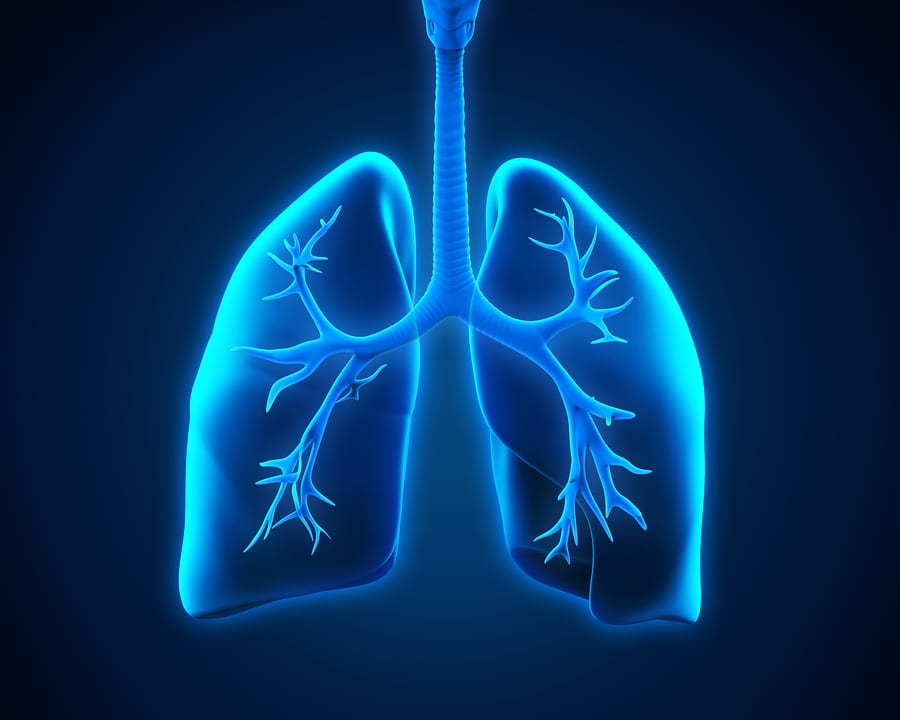Help! My Elderly Dad May Have Pneumonia
As cold weather approaches, it’s also the time for more contagious illnesses to be passed from one person to another.
Various viruses and bacteria can settle in the lungs, causing infections that lead to pneumonia. If you are worried about whether your elderly parent’s recent illness is developing into pneumonia, take some time to learn more about the condition and how to spot the symptoms.

Caregiver in Arlington County VA: Seniors and Pneumonia
Elderly Adults Have High Risk for Pneumonia
Due to age and health, elderly adults have a higher risk of developing pneumonia than when they were younger. Other risk factors include current lung diseases, weakened immune system, recent surgery, and overall poor health and wellness. This makes it much more difficult to face the diagnosis of pneumonia and follow a treatment plan. Also, many elderly adults are dependent on a family caregiver, elder care provider and friends to help with daily care. It is this attentive support group that may be more likely to notice the symptoms and get the elderly person some medical attention right away.
Identifying Pneumonia Symptoms
With pneumonia, the air sacs inside the lungs become inflamed and fill with fluid. This condition interferes with the ability to breathe deeply and get oxygen into the lungs. With limited lung capacity, not as much oxygen gets into the bloodstream to nourish the body. That’s why coughing and wheezing are the top symptoms of pneumonia in elderly adults. Other symptoms include fever, chest pain, chills, fatigue, pale skin, and phlegm. If elder care providers are reporting cold-like symptoms in the aging adult, family caregivers need to observe whether their loved one is instead suffering from pneumonia.
Treatments for Pneumonia in Elderly Adults
When the doctor examines an elderly adult for pneumonia, there are several steps to making a diagnosis. Often, they will ask for a blood test and an x-ray to confirm the presence of pneumonia in the elderly. They will prescribe either an antibiotic or anti-viral medicine and perhaps something to control the fever as well. In a serious case of pneumonia, elderly adults will check into the hospital to receive more intense care, IV fluids, and regular breathing treatments.
Pneumonia Prevention
The best way to help an elderly loved one resist pneumonia is to reduce their risk of exposure in the first place. Make a house rule that anyone on the support team washes their hands well when they encounter your aging loved one. Many bacteria and viruses are transmitted through the air, so it’s important for everyone to cover when they sneeze or a cough. Reducing risk factors includes helping seniors eat a balanced diet and get some regular exercise.
With all the support from elder care providers, family members, and friends, your elderly relative has a wonderful chance to sidestep the serious illness known as pneumonia.
If you or an aging loved-one are considering hiring a Caregiver in Arlington County, VA, please contact the caring staff at LivinRite Home Care. Call Us Today at (703) 634-9991.
- Skilled Nursing: Offering Peace of Mind for Seniors Aging in Place - April 8, 2025
- Can Physical Therapy Help Seniors Learn How to Fall Safely? - March 27, 2025
- Senior Home Care Helps Keep Aging Adults Safe in the Kitchen - March 11, 2025
